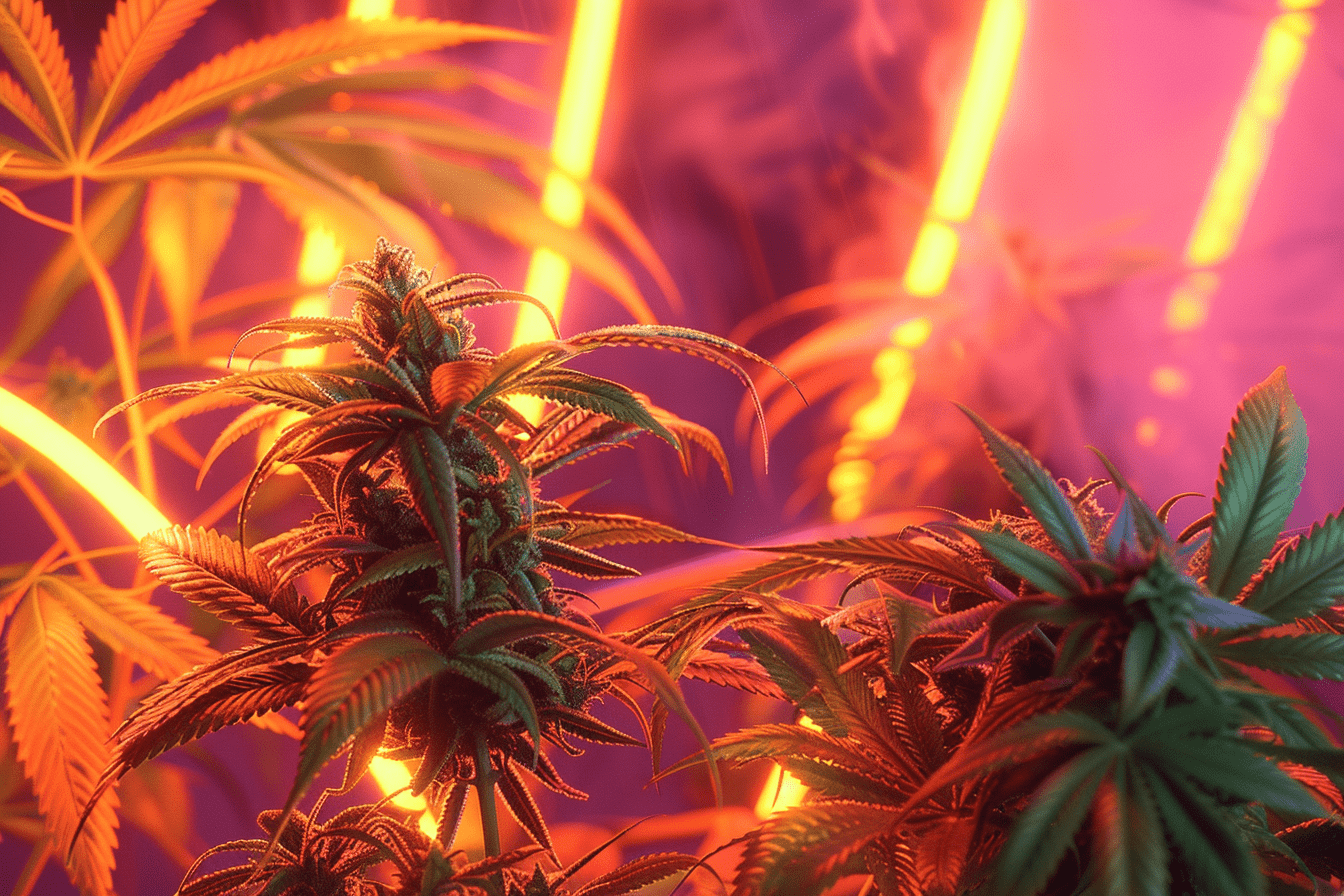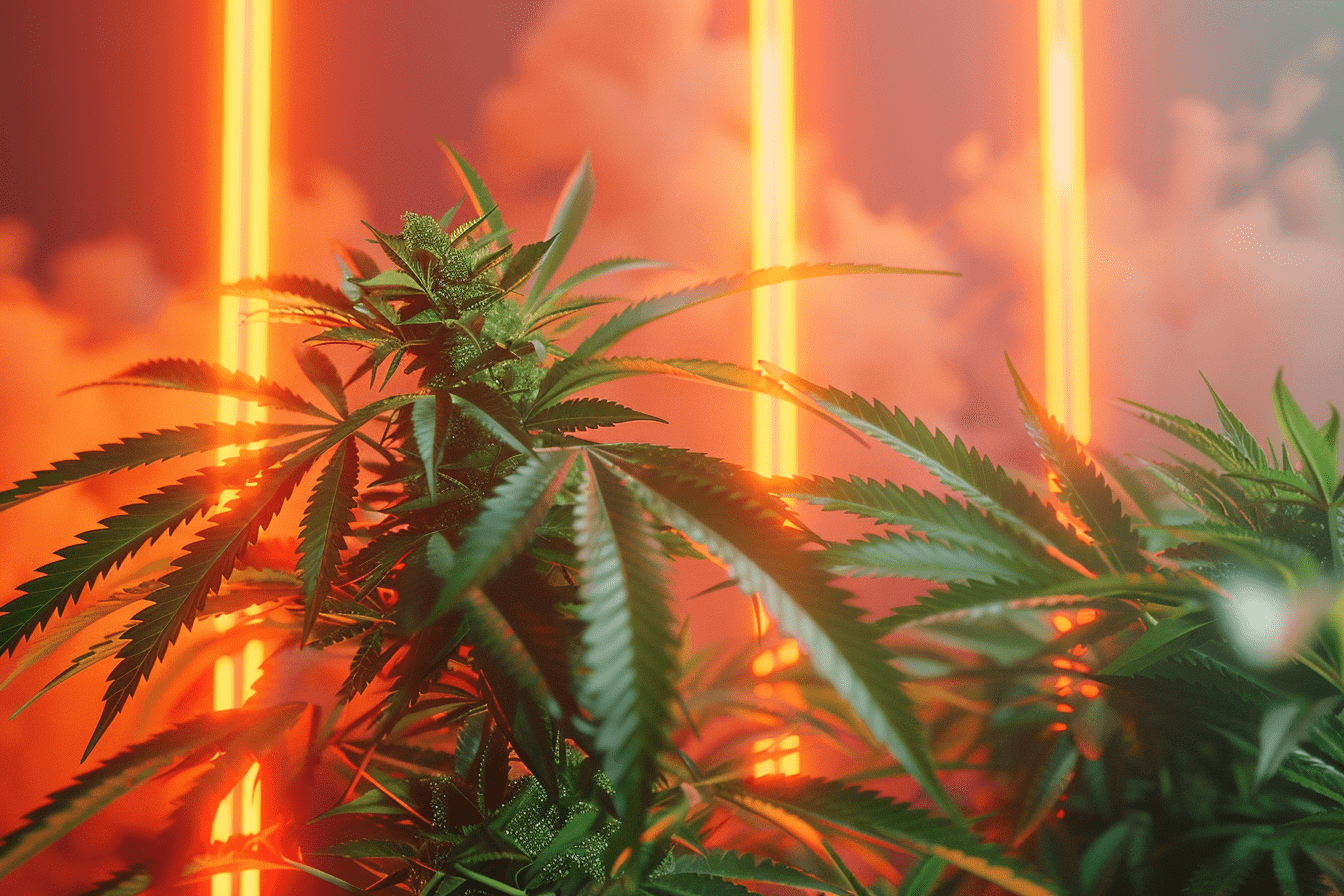
The Comprehensive Benefits of Smoking CBD
The Comprehensive Benefits of Smoking CBD Compared to Oral Consumption
Cannabidiol (CBD) has gained significant attention for its potential therapeutic benefits, available in various forms including oils, edibles, tinctures, and flowers. Among these, smoking CBD has become an increasingly popular method due to its unique advantages. This blog post will delve into the benefits of smoking CBD compared to oral consumption, exploring aspects such as bioavailability, onset of effects, convenience, and overall user experience.
Understanding CBD Consumption Methods
Before comparing the benefits, it’s important to understand the two primary methods of consuming CBD:
- Smoking CBD: Involves inhaling the vapor from combusted or vaporized CBD flowers or concentrates. This method allows CBD to enter the bloodstream directly through the lungs.
- Oral Consumption: Includes ingesting CBD through oils, edibles, capsules, and tinctures. The CBD is absorbed through the digestive system before entering the bloodstream.
1. Bioavailability and Absorption Rates
Bioavailability refers to the proportion of CBD that enters the bloodstream and is available for use by the body. This is a critical factor in determining the effectiveness of CBD.
-
Smoking CBD: When smoked or vaped, CBD is absorbed through the alveoli in the lungs, which have a large surface area and rich blood supply. This allows for rapid and efficient absorption, resulting in higher bioavailability. Studies suggest that smoking CBD can have a bioavailability rate of up to 56%, making it one of the most efficient methods of consumption.
-
Oral Consumption: When consumed orally, CBD must pass through the digestive system and liver (first-pass metabolism) before entering the bloodstream. This process significantly reduces bioavailability to around 13-19%. The liver breaks down a portion of CBD before it can be utilized, resulting in lower effective doses.
2. Onset of Effects
The speed at which CBD takes effect is crucial for individuals seeking immediate relief from symptoms like pain, anxiety, or stress.
-
Smoking CBD: Inhalation allows CBD to enter the bloodstream almost instantly, with effects typically felt within 1-5 minutes. This rapid onset makes smoking an ideal method for acute symptom management.
-
Oral Consumption: The onset of effects is much slower, often taking 30 minutes to 2 hours. This delay is due to the time required for CBD to be digested and metabolized before it reaches the bloodstream. While this is suitable for sustained relief, it is less effective for immediate symptom alleviation.
3. Control Over Dosage
Being able to control the dosage of CBD is important for tailoring effects to individual needs.
-
Smoking CBD: Provides more precise control over dosage. Users can take small puffs and gradually increase their intake until the desired effect is achieved. This incremental approach helps in avoiding overconsumption and potential side effects.
-
Oral Consumption: Dosage control can be more challenging, especially with pre-dosed edibles or capsules. It is easier to consume too much or too little, leading to inconsistent effects. Adjusting the dose often requires waiting for the previous dose to take effect, which can be inconvenient.
4. Immediate and Intense Experience
For some users, the sensory experience of smoking CBD enhances its therapeutic effects.
-
Smoking CBD: The act of smoking itself can be calming and ritualistic, contributing to the overall therapeutic experience. The flavor and aroma of CBD flowers also play a role in enhancing relaxation and enjoyment.
-
Oral Consumption: While convenient, oral consumption lacks the immediate sensory gratification that smoking provides. The flavors and textures of CBD edibles can vary widely, and some users may not enjoy the taste of CBD oils.
5. Duration of Effects
The duration of CBD's effects can influence the choice of consumption method based on the user’s needs.
-
Smoking CBD: Typically provides shorter duration of effects, lasting 2-3 hours. This is suitable for situations requiring immediate but temporary relief, such as acute anxiety or sudden pain.
-
Oral Consumption: Generally offers longer-lasting effects, often up to 6 hours or more. This makes oral methods better suited for chronic conditions that benefit from sustained CBD levels throughout the day.
6. Health Considerations
Health impacts are an important consideration when choosing between smoking and oral consumption.
-
Smoking CBD: Involves inhaling combusted plant material, which can introduce toxins and irritants to the lungs. While CBD itself is not harmful, smoking anything can potentially impact respiratory health. Vaporizing CBD is a healthier alternative to smoking, as it heats the CBD flower without combustion, reducing exposure to harmful byproducts.
-
Oral Consumption: Bypasses the respiratory system, eliminating the risks associated with smoking. However, oral CBD products often contain additional ingredients (e.g., sugars, artificial flavors) that may not be desirable for all users.
7. Convenience and Discretion
Practical considerations such as convenience and discretion also play a role in the choice of consumption method.
-
Smoking CBD: While smoking provides rapid effects, it is less discreet and more difficult to do in certain settings due to the smoke and odor. It also requires paraphernalia such as pipes, rolling papers, or vaporizers.
-
Oral Consumption: Highly convenient and discreet, oral CBD can be taken anywhere without drawing attention. Edibles, capsules, and tinctures are easy to carry and consume, making them suitable for on-the-go use.
8. Cost Considerations
The cost-effectiveness of CBD consumption methods can vary based on the frequency of use and desired dosage.
-
Smoking CBD: Typically offers more immediate effects with smaller doses, potentially making it more cost-effective for occasional use. However, the need for paraphernalia and the faster rate of consumption may increase costs over time.
-
Oral Consumption: Initial costs can be higher due to the price of high-quality CBD oils or edibles, but the longer-lasting effects may make these products more economical for regular use.
Conclusion
Both smoking and oral consumption of CBD have unique benefits that cater to different needs and preferences. Smoking CBD offers rapid onset, high bioavailability, and precise dosage control, making it ideal for immediate relief and acute symptom management. However, it may pose health risks associated with inhalation and is less discreet.
On the other hand, oral consumption provides longer-lasting effects, is convenient and discreet, and poses no risk to respiratory health. It is better suited for chronic conditions and sustained symptom management.
Ultimately, the choice between smoking and oral consumption of CBD depends on individual needs, lifestyle, and health considerations. Some users may even find that a combination of both methods offers the best results for their unique situation. As with any supplement, it is essential to consult with a healthcare professional before starting CBD, especially if you have existing health conditions or are taking other medications.


